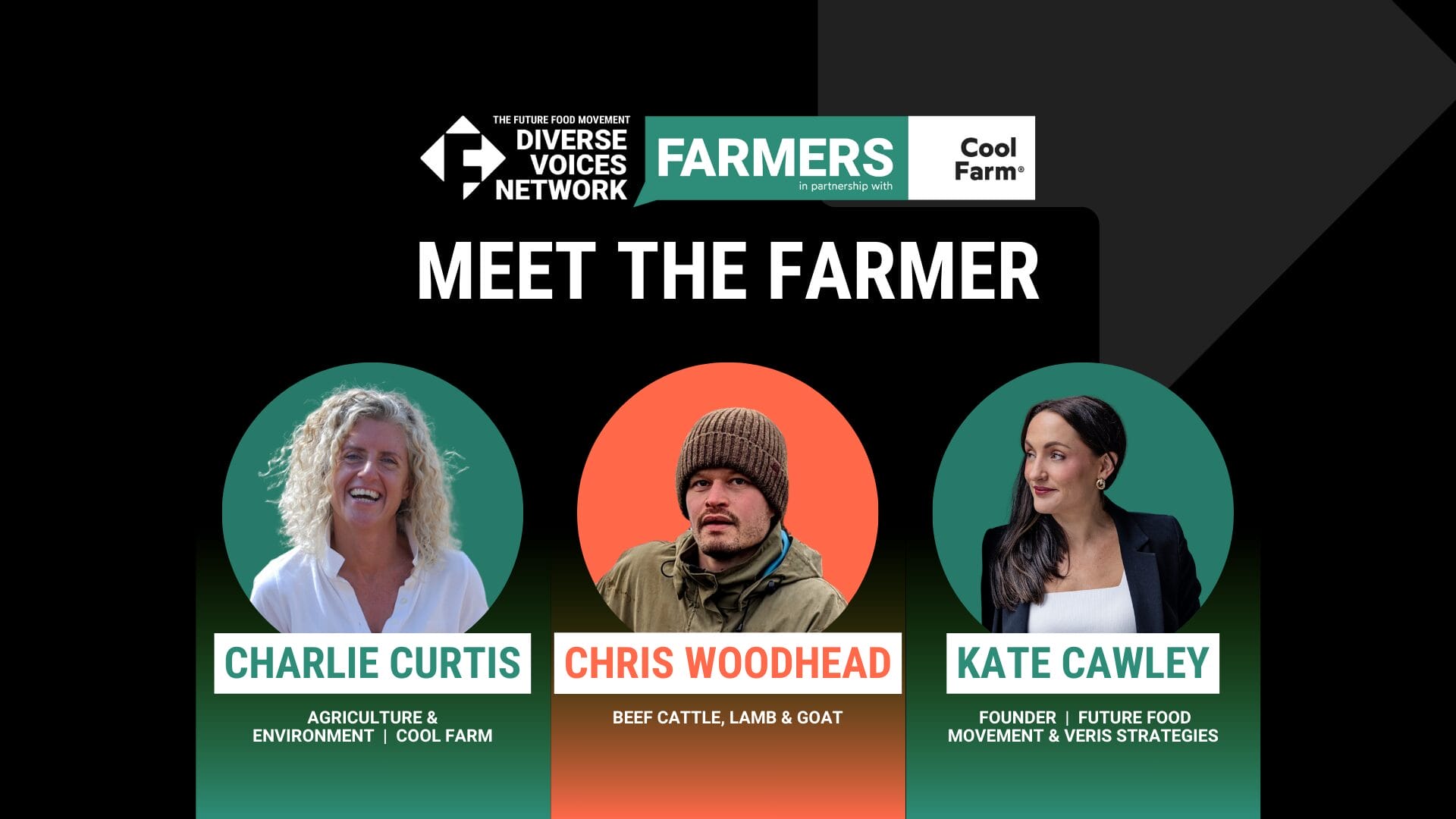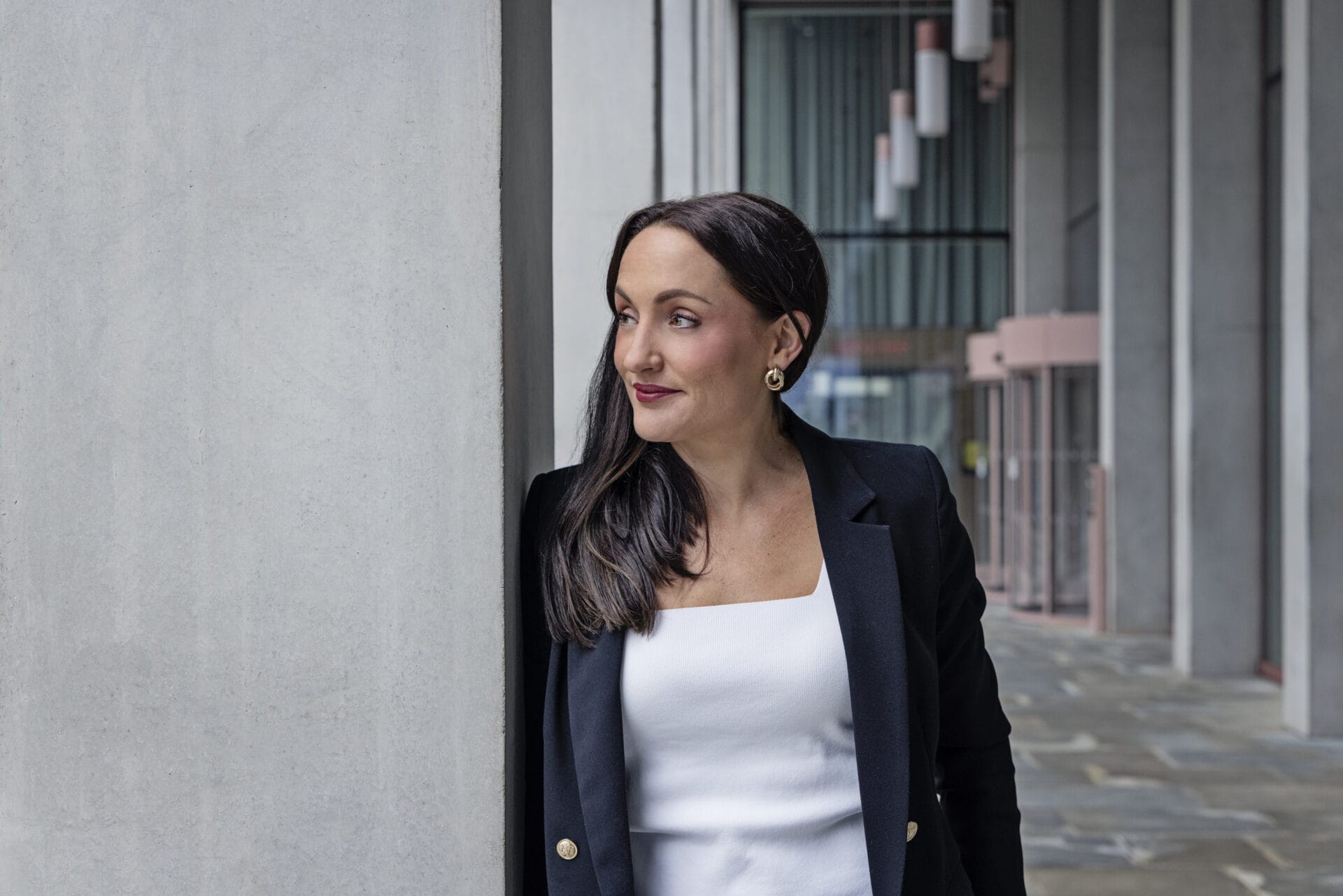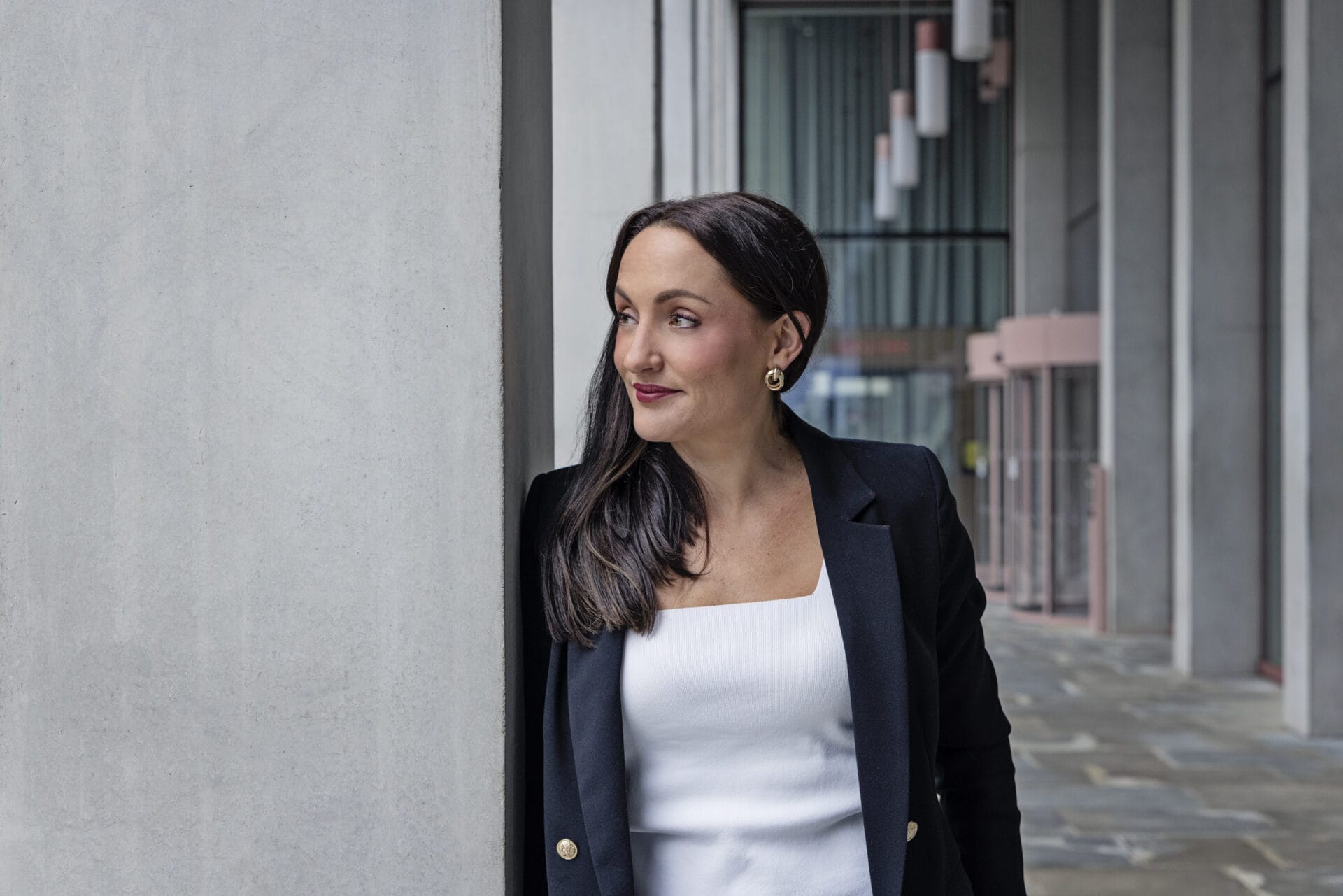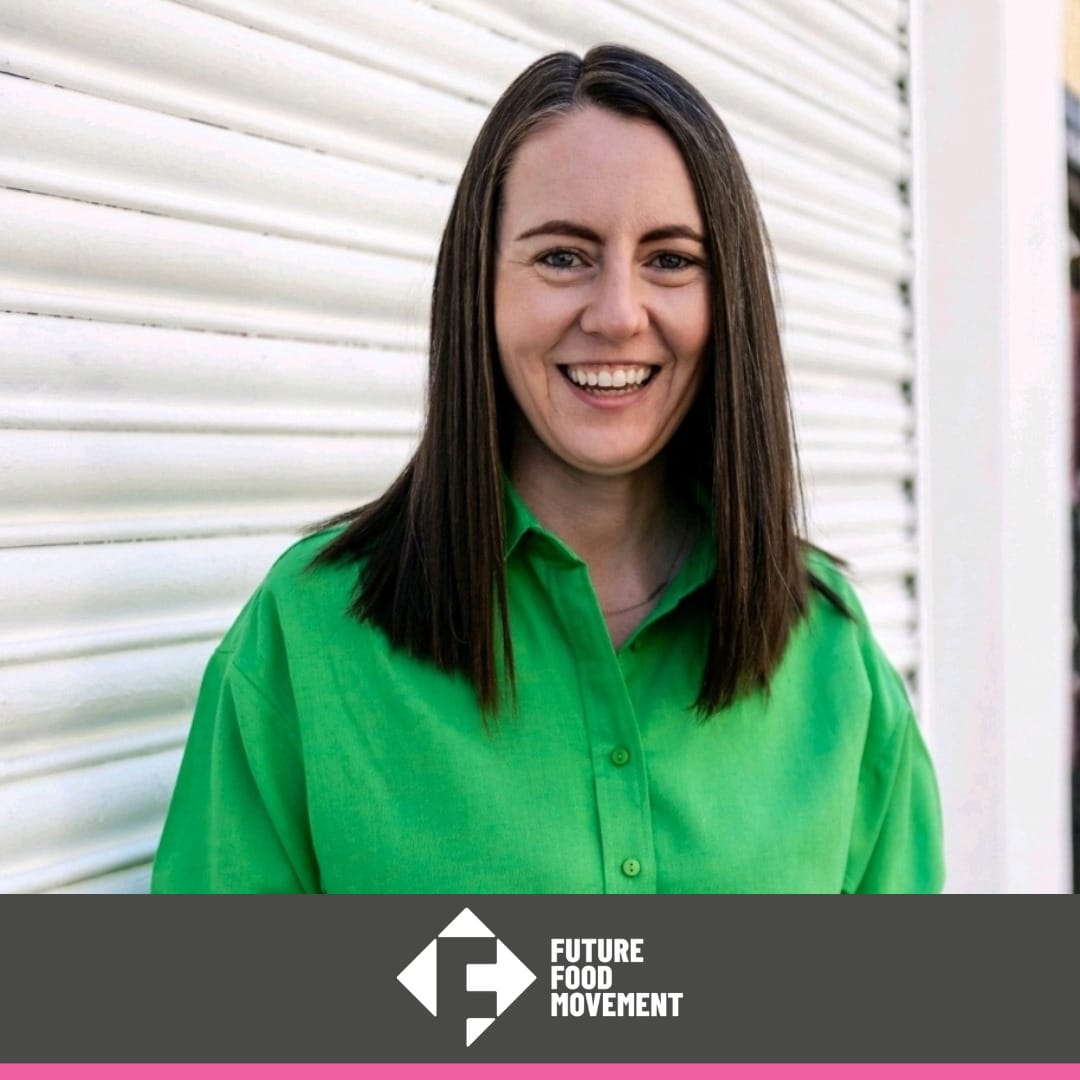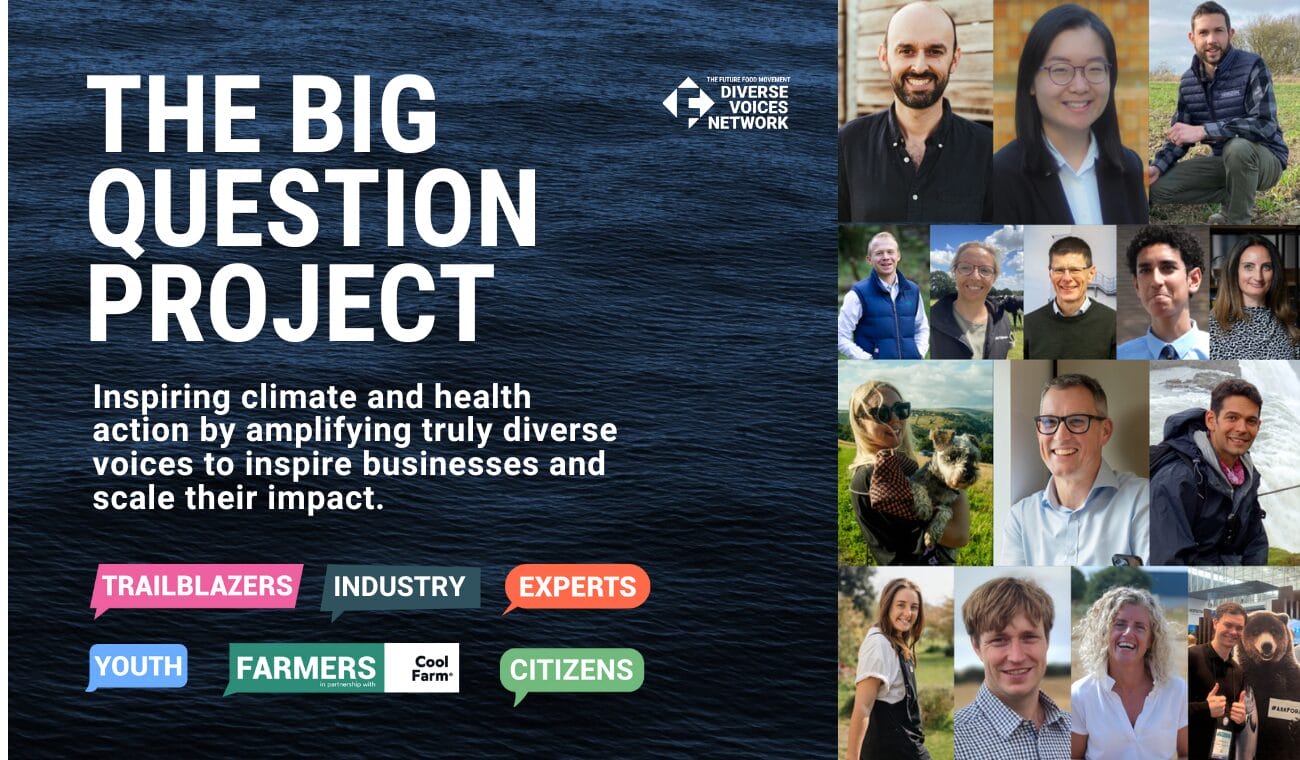

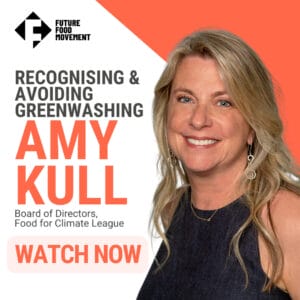
As sustainability becomes an increasingly important selling point for businesses, watchdogs are cracking down on companies that make misleading green claims. Here, Amy Kull – who has more than 30 years’ experience working with food brands – explains what you need to do to avoid greenwash.
The business sector is increasingly moving away from looking simply at profit as a measure of success. The triple bottom line is more important than ever, and shareholders have come to expect sustainability efforts as standard.
However, this means that many companies are falling foul of greenwashing, a form of marketing spin where PR is deceptively used to make consumers believe products or services are more environmentally-friendly than they really are. As Amy says, companies don’t always do this on purpose, but getting called out for it can bring “no end of pain” to a brand’s reputation.
Trust now features more heavily in the consumer psyche than ever before. Amy points to the Edelman Trust Barometer, which demonstrates how significantly faith has fallen in previously reputable institutions, particularly since the pandemic.
According to Edelman, business is now the most trusted institution with a score of 61%, compared to 59% for NGOs, 52% for government and 50% for the media. Edelman’s research also shows that 52% of respondents believe businesses are not doing enough to fight climate change.
“It’s clear, then, that business has an important role in leading the sustainability conversation,” says Amy. “And greenwashing is something your business needs to care about.”
You need to be a FFM Member to watch this session on demand, we welcome you to join here.


